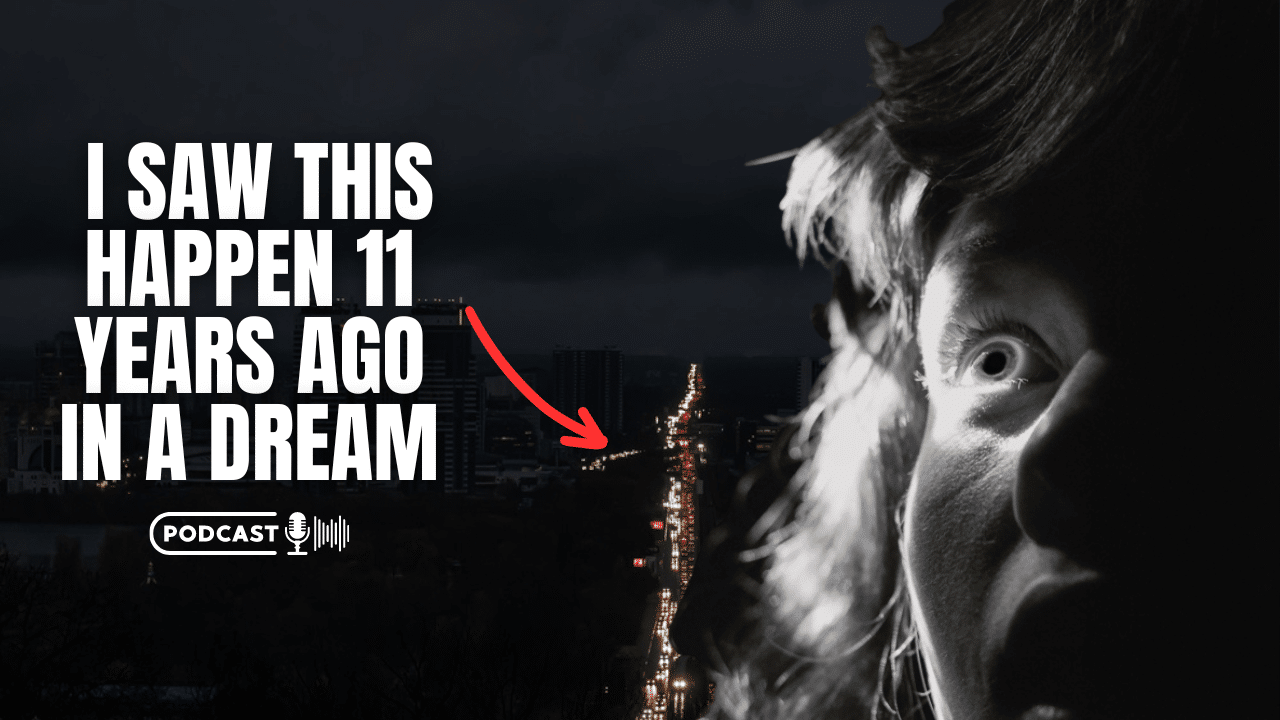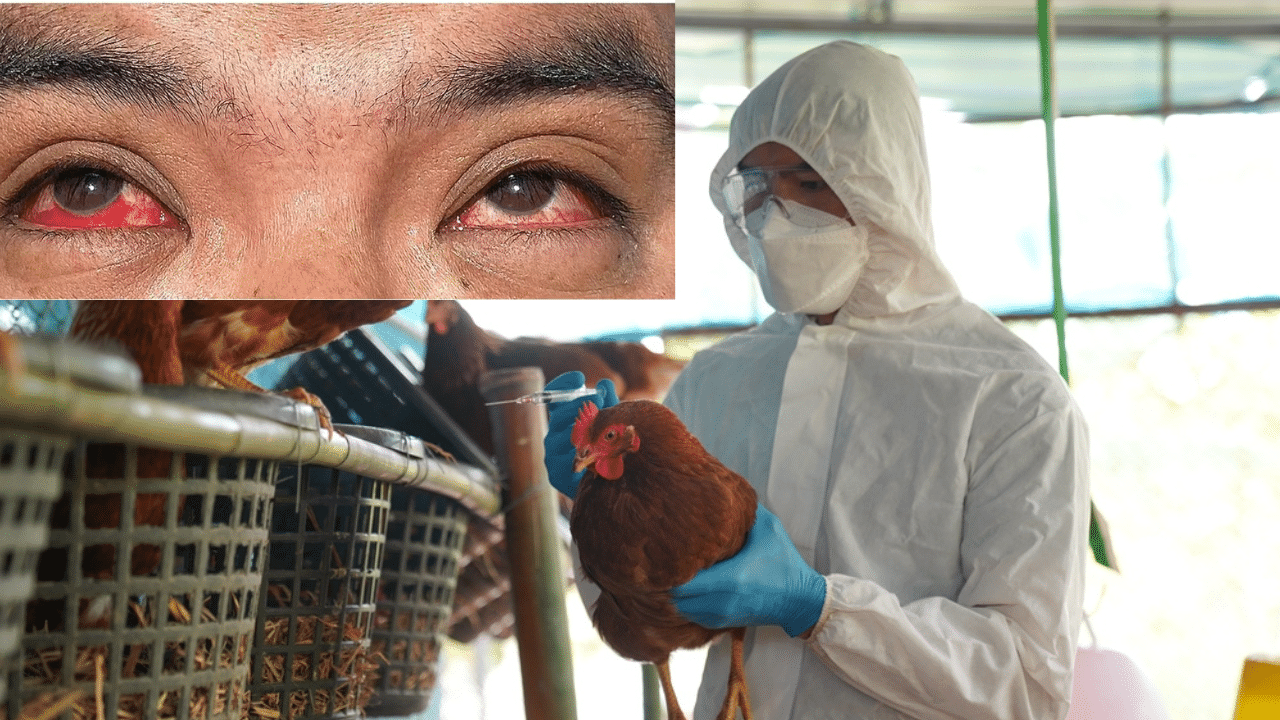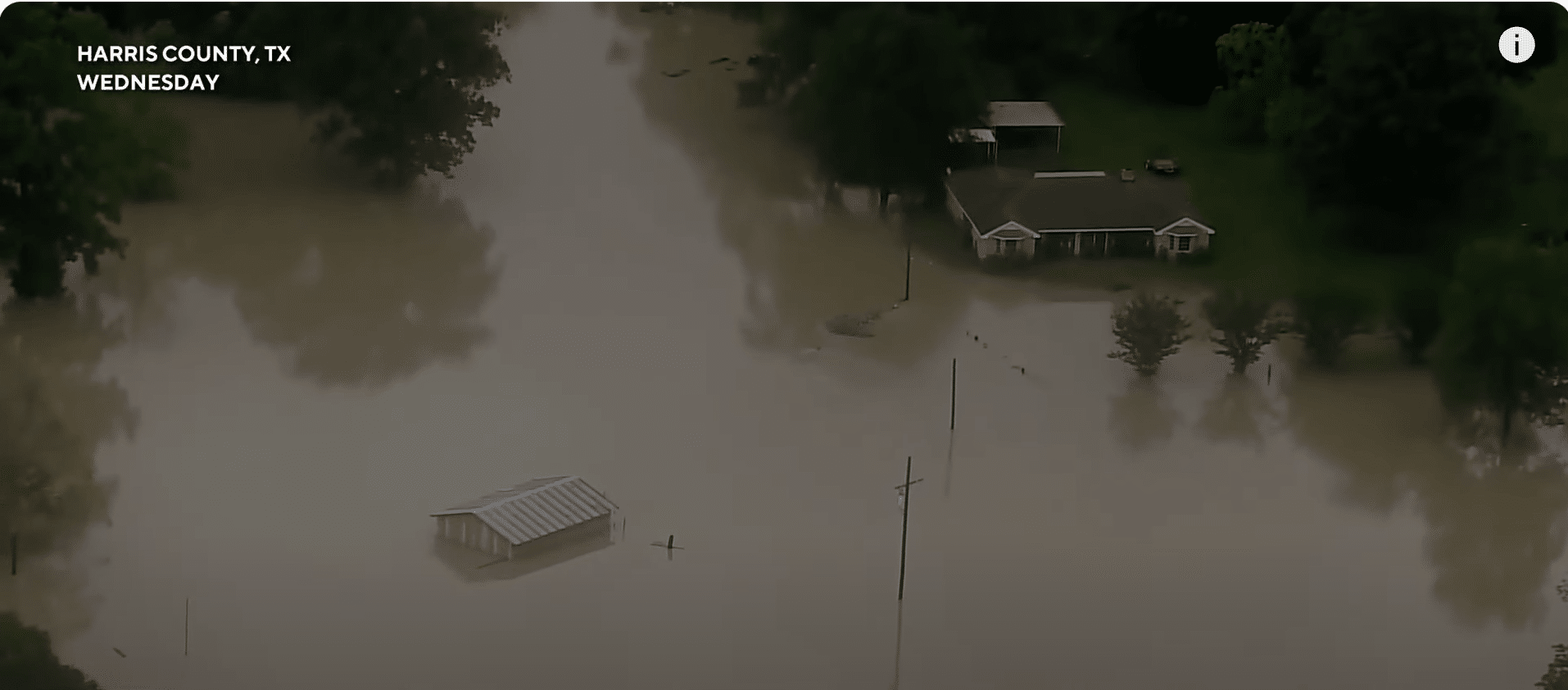“Abrosexual” is a relatively new sexual preference term that could require an editorial explanation according to the United Kingdom media outlet Metro.
Emma Flint, a freelance journalist, wrote an op-ed for Metro’s “Platform” section, a portion of the website dedicated to “opinions, real life stories and analysis from experts in their field.” In the piece, she explained how she came out as “abrosexual” in 2020 only to be confronted by a close friend claiming that “this doesn’t sound real.”
“For those of you who don’t know what abrosexuality is, in layperson’s terms, it simply means when someone’s sexual identity fluctuates and changes,” Flint wrote.
She noted that she did not know about the term until two years ago when she was 30 years old. Flint lamented abrosexuality was still not more well-known.
“When I was growing up, I’d never heard the term abrosexual – you were either straight, gay, or lesbian as far as nineties society was concerned. Anything else was made up,” she wrote.
“Of course, we know that’s far from the truth – but societal blindspots mean we learn terms much slower than if they’re readily accessible.”
Flint added, “When I tell people that I’m abrosexual, I’m often greeted by a blank expression, followed by a question of what the term means. And questions are fine, as long as they’re respectful. I’m not expecting everyone to know what it means – hell, I didn’t until two years ago – but you should always listen with respect.”
Dictionary.com reports that early versions of the term “abrosexual” came from 2013 with an abrosexual flag making social media rounds in 2016. The term, however, has still not found mainstream approval.
“Eventually, I hope that abrosexuality will be seen as normal, just another identity that someone might have, and not regarded as a way to be ‘on trend’, as some of the hurtful comments I’ve received suggest,” Flint wrote.
“Acceptance can only come from education, and stepping outside your comfort zone to familiarise yourselves with terminology you might not know.”
“There’s a whole wealth of LGBTQ+ knowledge online that people would benefit from learning, so that ignorance isn’t the main language so many of us speak.”


















